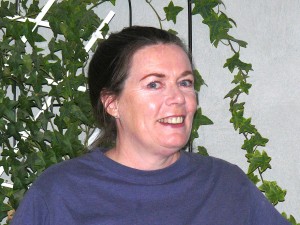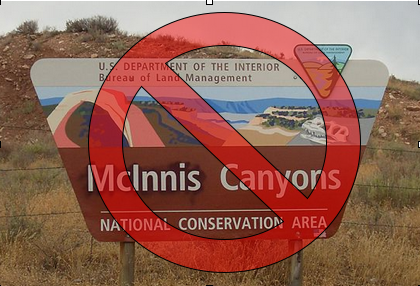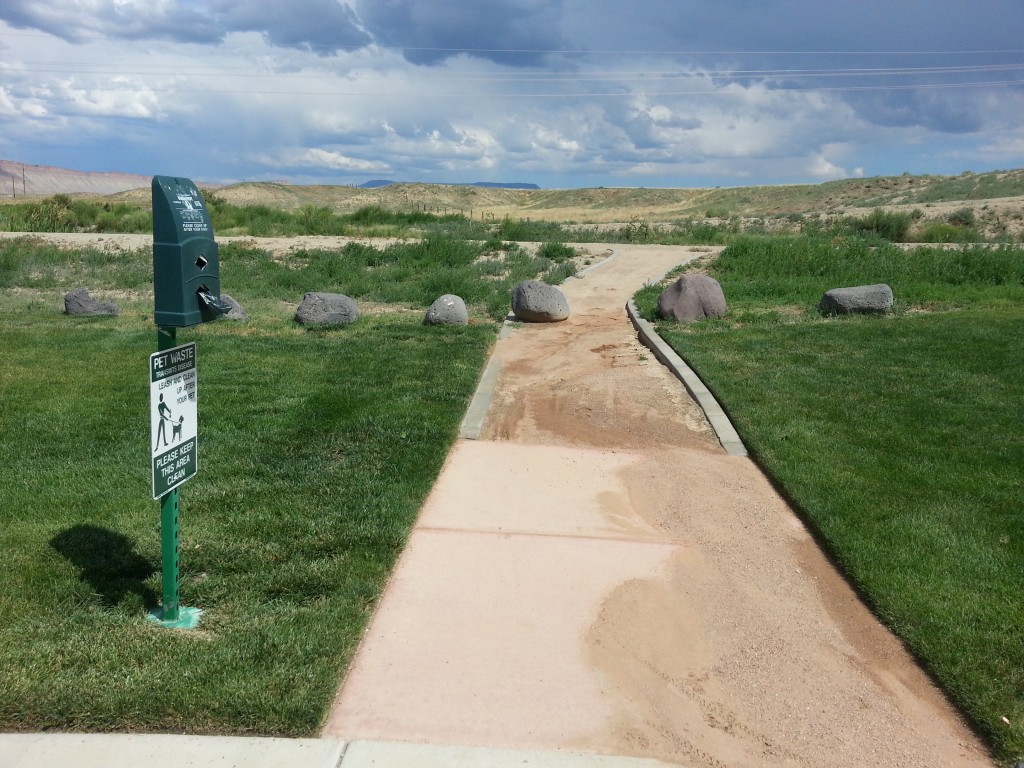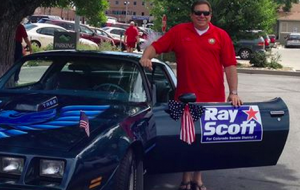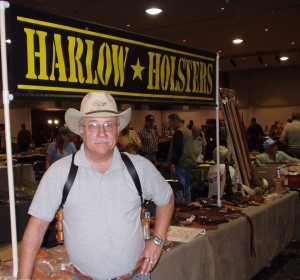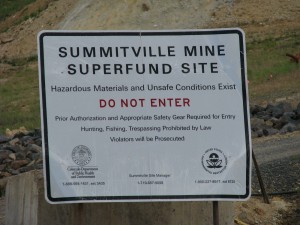Reposting this article, because it bears repeating.[Update: 2/5/16 – Scott McInnis is now a Mesa County Commissioner
In 2004, a handful of members of the U.S.House of Representatives engineered the suspension one of its own House Rules to pass HR 4827, which renamed the 122,000-acre Colorado Canyons National Conservation Area (NCA) in western Colorado after then-sitting Colorado Congressman Scott McInnis. Ironically, the rule they suspended was one another Colorado Congressman had lobbied to put in place.
The House of Representatives’ House Rules (pdf) were created to reduce corruption in Congress and, ensure order and prevent Congress members from misusing the political process for their own personal gain and glorification. Among the House rules, for example, are ones putting a maximum value on gifts members of Congress can accept from lobbyists, and prohibiting members from accepting reimbursement for transportation, lodging or other trip expenses unless certain specific criteria are met.
Rule XXI, Clause 6 specifically bans House members from naming public structures after themselves. Public structures includes public works and publicly-owned lands like beaches, parks and national forests. In order to rename Colorado Canyons NCA after Scott McInnis, then, Congress had to circumvent the rule. To that end, a few House members managed to purposely suspend Rule XXI Clause 6, so the McInnis renaming bill could pass.
The rule, found on Page 35 of the House Rules book, states:
Designation of public works
6. It shall not be in order to consider a bill, joint resolution, amendment, or conference report that provides for the designation or redesignation of a public work in honor of an individual then serving as a Member, Delegate, Resident Commissioner or Senator.
Congressman Tom Tancredo of Colorado, McInnis’ home state, was the one who fought to put this rule in place, to stop an epidemic of sitting members of the House renaming federal structures after themselves. In arguing for House Resolution 343 during the 107th Congress (2001-02), Tancredo urged Congress to act more transparently and eloquently pointed out the dangers and hubris of such self-renaming activity. Tancredo likened members of Congress renaming structures after themselves to putting themselves on “an almost god-like level”.
He said:
“Individuals who have had an impact on America will forever be remembered, and should be remembered, and waiting for the full impact of their public service to be realized is not too much to ask. By waiting a few years to reflect on their accomplishments, we are doing them, and the integrity of this Congress, a great service.
Federal structures all across the nation, including within my Congressional district are named after former Members of Congress. Members who have seen their names placed on post offices, federal buildings and highways are undoubtedly great men and women who served their nation. However, we need to draw a great distinction between honoring our retired leaders, and placing current leaders on an almost god-like level.
We are all given a great honor to serve within our nation’s Congress. We impact the lives of millions of Americans on a daily basis, and many of us will inspire our constituents to levels of achievement that are beyond anyone’s expectations, and they will do likewise for us. Yet we must remember that we are serving them for the good of the whole, the good of the people and we should be thankful for the opportunity.”

The House chambers were practically empty on the day Congress voted to suspend House Rule XXI, Clause 6, so they could rename “Colorado Canyons National Conservation Area” after then sitting Congressman Scott McInnis (R-CO). The rule prohibits sitting members of Congress from renaming public works after themselves.
But serving in the House for the good of the people and being thankful for the opportunity to do it wasn’t enough for Scott McInnis and his friends in Congress who engineered the passage of the “McInnis-as-god” bill.
The House suspended House Rule XXI, Clause 6 before the McInnis bill came to the full house, effectively blocking any other Congress members from being able to object to it due to the fact that it violated the rules.
McInnis-As-God Bill Introduced
After the “McInnis-as-god” bill was introduced on July 13, 2004 as HR 4827, it was referred to the House Committee on Natural Resources, the committee that considers legislation pertaining to public lands.
The only problem was, the Committee never considered the bill. Somehow it sailed through its committee assignment without ever being heard.
On September 28, 2004, just two members of Congress spoke very briefly in favor of the bill. Neither of them were from Colorado. One was a representative from California and the other was the representative from Guam. No Coloradans were notified about the bill’s existence or invited to weigh in on the change. Then, in a nearly empty chamber, Chairman Darrell Issa took a voice vote which was completely inaudible on C-SPAN (and which was non-recorded, so we don’t know who voted for or against), pronounced the “yeas” as a two-thirds majority of those present, and declared the bill passed.
In yet another irony surrounding this moment, in his invocation that day House Chaplain Reverend Thomas Spence said “Teach us what it means to be humble in a world where we take ourselves too seriously.”
Congress does indeed need to learn to be humble. They have hubris down pat.
Resources:
C-SPAN clip of the vote
CSPAN recording of the full house session on September 28, 2004
Rules of the House of Representatives (pdf) – Rule XXI, Clause 6 regarding Designation of Public Works is on Page 35, at mid-page
Congress Suspended Rule to Rename McInnis Canyons
Petition to revert McInnis Canyons back to its original name, “Colorado Canyons National Conservation Area”


